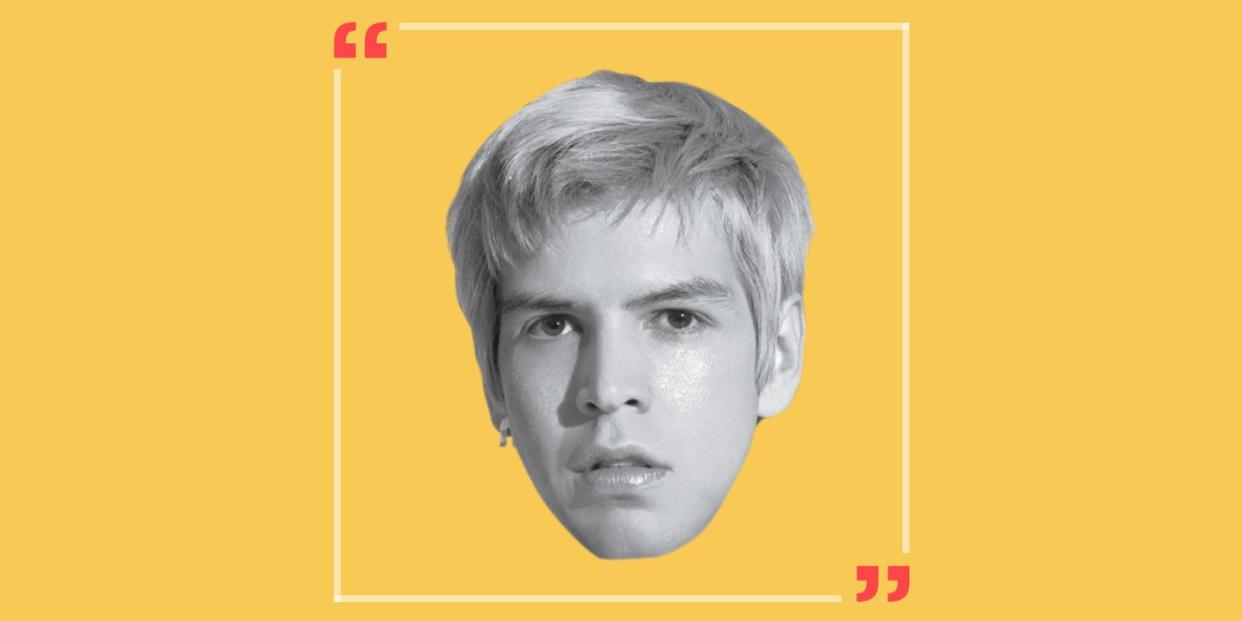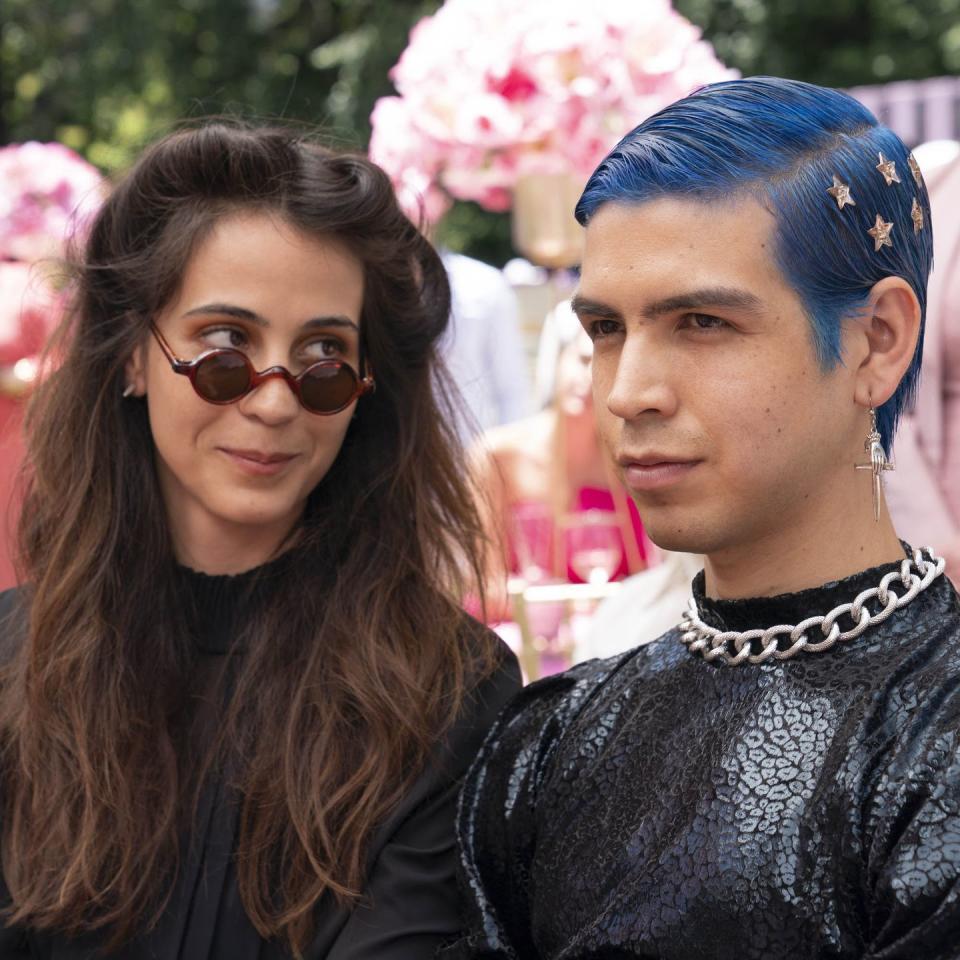Julio Torres Says Comedy’s Increasing Diversity Is a Direct Response to Donald Trump

This Q&A originally ran in Esquire's Guide to Funny 2019. You can read the full package here, as well as in our October 2019 issue.
Julio Torres—a writer for Saturday Night Live and the star of the mostly Spanish-language comedy Los Espookys and the stand-up special My Favorite Shapes (both on HBO)—moved to New York from El Salvador when he was 22, and he says he never felt quite as foreign as he did at open mic nights. "I was just so completely different from everyone else that I felt like an anomaly. I actually think it helped my comedy," he says. "If I arrived today, I would more easily find like-minded, like-spirited peers." We talked to Torres about the increasing diversity of comedy's community—and how our reality TV president fits into it all.
Esquire: When you began really engaging in a serious and earnest way with the comedy world, how did the path you expected to take square with the one that you ended up taking?
I did not come to New York wanting or expecting to be a comedian. I came to New York because I wanted to live in New York, and I wanted to be a writer. I wanted to write film, and I wanted to write television, and I wanted to work with great actors who would be very into what I wrote. I didn't know how to become a writer professionally. I remember working as a coat check, and suddenly it just dawned on me that stand-up comedy was a quick, easy, and free vessel for my writing. Because I would get to write, and then I would get to showcase it that same night. So, I Googled New York open mic comedy, and then I went to the first one that popped up. This was in 2012 or '13. I did it, and I immediately loved it, and I kept doing it.
How has the comedy world changed since you began?
I've always been here as a foreigner—in school, at work. And I never felt quite as foreign as when I began doing open-mic nights. I was just so completely different from everyone else that I felt like an anomaly. I actually think it helped my comedy.
If I arrived today, I would more easily find like-minded, like-spirited peers. There's now a hyper-inclusion of different people. I'll do shows in Brooklyn where the lineups are entirely queer people, or people of color.

What do you think caused that shift?
It’s a direct response to what’s going on politically. Something shifted with Trump's presidency. The entertainment industry realized, "If we don't start having what we put out there reflect the actual population, if we don’t stop favoring some people—never purposely, but implicitly and passively—then maybe we’re no better than who we’re criticizing.”
Do you feel pressure or responsibility to engage with the debate over immigration?
I'm unsure as to whether or not it's my responsibility, but I know that I want to. Immigration is something I think about every day, before and after Trump. Immigrating to the States was never easy. Now it's worse.
What spaces in comedy should be grappled with more than they are?
Lately, I've been thinking about how there's so much to be said in the greater entertainment conversation about capitalism and wealth and equality. The industry has a lot of catching up to do in that respect. I'm doing a show tomorrow, and the tickets are $35. Not super expensive, but that's cost prohibitive for a lot of people who'd love to come.
You Might Also Like

